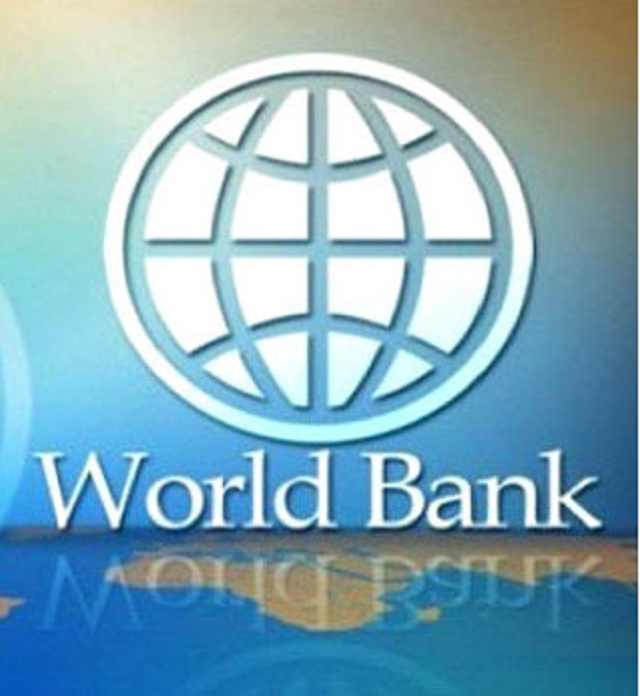The World Bank says the poor management of the foreign exchange in the country by the Central Bank of Nigeria (CBN) was the reason for the current poor investment.
The bank said this in a statement signed by its spokesman, Mansir Nasir, citing the latest World Bank Nigeria Development Update (NDU), titled ‘Resilience through Reforms”.
Checks showed that the US dollar exchanged for around N505 at the parallel market on Tuesday.
“The way the exchange rate was managed limited access to FX and thus adversely affected investor confidence and investment appetite,” it stated.
The disparity between the official I&E Foreign Exchange Window (IEFX) and the parallel market has widened to as high as N90 in recent weeks due to a combination of speculation, demand and fear of future devaluation of the currency.
READ ALSO: Buhari Inaugurates $10bn NLNG Train 7 Project
According to the World Bank, “Significant spreads between the official, the IEFX, and the parallel exchange rate persisted throughout 2020 and as of April 2021, the spread between the official and the IEFX rate was estimated at 8 per cent and between the IEFX and the parallel rate, reached 18 per cent (the spread between the official and the parallel rate was 27 per cent).”
The bank added that the ‘Naira 4 Dollar’ scheme introduced by the CBN to incentivize remittances maight not likely have the expected effect.
The World Bank said, “In May 2021, the CBN formally took concrete steps towards rate unification between the official and IEFX rates. However, there remains a 20 per cent premium between this unified rate and the parallel market rate.
“While this may indeed encourage the use of the formal channels, it is not clear that incentive payments will increase remittances to the country.”
The World Bank advised that the CBN to allow the IEFX market function as it should by allowing a more market-friendly approach for exchange rate transactions in place of an unreliable way of reporting exchange rate prices.
The World Bank pointed out that a return to a flexible exchange rate regime (post-2015 and pre-2020) will allow for limited interventions by the CBN.
“Until oil companies are allowed to sell FX receipts to IEFX bank participants, CBN would still have an important role to play as a supplier of FX,” it said.
